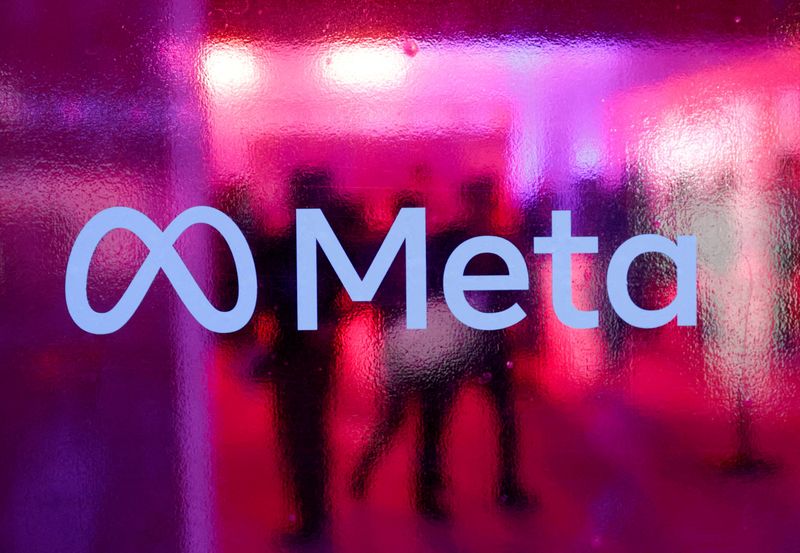By Foo Yun Chee
BRUSSELS (Reuters) -Meta Platforms and other large online platforms should offer users the option to use their services for free without targeted advertising, the EU privacy watchdog said on Wednesday, responding to the company's paid ad-free service that has triggered criticism.
The U.S. tech giant launched the no-ads subscription service for Facebook (NASDAQ:META) and Instagram in Europe last November, saying users who consent to be tracked get a free service which is funded by advertising revenues.
Privacy activists and consumer groups say such practices could encourage other companies to follow suit. National privacy regulators in the Netherlands, Norway and Germany subsequently asked the European Data Protection Board (EDPB) for an opinion on the validity of such consent.
"If controllers do opt to charge a fee for access to the 'equivalent alternative', they should give significant consideration to offering an additional alternative. This free alternative should be without behavioural advertising," EDPB said in a statement.
It said one example could be a form of advertising where less or no personal data is involved.
The watchdog said a third option was important as most users do not fully understand the implications of their choices when asked to choose between paying for an ad-free service or agreeing to be tracked in return for a free service funded by advertising revenues.
It said companies offering just a binary choice to users may fall foul of requirements for valid consent under EU privacy rules.
The U.S. tech giant earlier on Wednesday referred to its previous blogs which said that 'subscription for no ads' conforms to a European Union court ruling backing such models as a way for people to consent to data processing for targeted advertising.

"We welcome that the EDPB has started a more nuanced discussion on 'pay or okay' and at least clarified that large platforms cannot use 'pay or okay'," advocacy group NOYB's chairman Max Schrems said in a statement referring to the choice of either paying for privacy or consenting to data collection.
Politico first reported the EDPB's opinion.